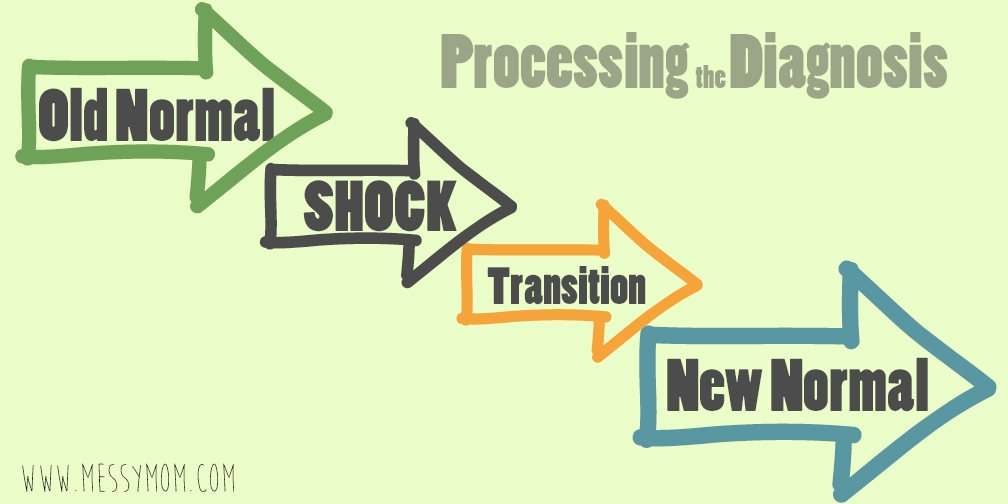Our culture seems to be more stressed, rude, and oblivious than ever. iPhone, Blackberry, Starbucks, Google, these are some of the things that come to mind when I think of the staples of our generation. They are the trademarks of our modern society. They may even come across as perpetrators to people like me who long for simpler times and deeper connections. In my quest to find how to cope with the constant changes of our fast paced, high tech world, I discovered the stories of three guys who know a thing or two about the subject.
Martin Cooper introduced the first cell phone in 1973. Although Cooper acknowledges all the good that has come from the development of this life changing invention he is the first to admit that many habits of individuals on cell phones are rude, annoying, or flat out dangerous. He rants,
“Whatever happened to courtesy? What can be so urgent that you have to look down at your phone in the middle of a dinner conversation with people who matter to you? You can’t wait five minutes before staring at your phone?” and in an interview with Bob Green of CNN he says
“You should not be a slave to your telephone. The technology is there to serve you, not the other way around. If the technology is not making your life better — if it is robbing you of experiences in the real world that you would otherwise be enjoying — then you are working for it, when it should be working for you.”
“Whatever happened to courtesy? What can be so urgent that you have to look down at your phone in the middle of a dinner conversation with people who matter to you? You can’t wait five minutes before staring at your phone?” and in an interview with Bob Green of CNN he says
“You should not be a slave to your telephone. The technology is there to serve you, not the other way around. If the technology is not making your life better — if it is robbing you of experiences in the real world that you would otherwise be enjoying — then you are working for it, when it should be working for you.”
Howard Schultz is the man that transformed a little coffee bean roaster into a coffee shop that we know as Starbucks, the largest coffeehouse company in the world. It was Schultz’s dream that Starbucks be the third place between home and work. He has described the company as an extension of your front porch where people come together to connect. Schultz stepped down as CEO in 2000 and overtime the front porch turned into what I’ve seen referred to as the evil empire. From drive-thrus to automated espresso machines, the once quaint coffee nook was expanding rapidly, and becoming more like a fast food joint. In 2008 the board reinstated Schultz as CEO. Schultz recently released a book called Onward: How Starbucks Fought for Its Life without Losing Its Soul and in it he says “One cup. One customer. One partner. One experience at a time. We had to go back to what mattered most.”
Eric Schmidt has been the CEO of Google for the past 10 years. If anyone knows about being wired it would probably be him. In his commencement address to the 2009 graduates of the University of Pennsylvania, he talks about all the technological advancements that have been made at the university over the years and many that he had been a part of. But what he shares with the students at the very end of his speech is what will probably stick with them for life. “Turn off your computer. You’re actually going to have to turn off your phone and discover all that is human around us,” Schmidt urges them.
“Nothing beats holding the hand of your grandchild as he walks his first steps.”
Whether it is the inventor of the cell phone, the founder of Starbucks, or the CEO of Google, it seems the message is clear. All the technology, success, or information in the world will be of no value if we can’t stop and connect with what matters most.





True that!
I think it is neat you choose this subject this on this day. I woke up today with some similar thoughts before even reading your blog. The fact that these were my first thoughts before getting out of bed in itself was strange to me.
I'm a computer network technician by trade. I was thinking, "we have lost the gift of undivided attention." That includes myself as much as anyone. Rarely can I speak to someone on the phone that in the middle of your conversation you hear them talking to someone else, placing an order at a drive through, or hear, "I have another call coming in, can I call you back?" What they are saying is, "what is happening in my world right now is more important than you are." I know we don't mean it, but that's the gist of it. What irritates me even more is when someone calls me and then does any one of those. I want to hang up. I know it is all because of this fast paced, multi-tasking society we live in, but sometimes I want to just slow down. Even when I try to force my self to slow down and have an "undivided face to face" with someone, for example, my lovely wife. I can't stop my mind from racing (because most men can't multi-task) and I hear those dreaded words, "are you even listening to me?!?!" Sorry. No.
Well said! All of those things are wonderful, but none of them should rule us :). I'd type more, but I have to go check my messages ;). Just kidding.
Excellent post – bravo! I know exactly who I'm going to share this with!
It is such a trap – those phone rules. If you say something when someone is really, really being obnoxious about their rude phone habits, they jump all over you if you even pick yours up. I literally can't stand how it is robbing us. Yesterday I picked up my 12 year old granddaughter from basketball practice. She and her friend immediately got on their phones. When we dropped her friend off, I told my gd how rude I thought it was. She actually and literally told me they were solving a crisis between two friends – WHAT? I said how is that? Why don't yall just talk on the phone. She looked at me like that was craziness and would never happen or would not solve the problem because so many people could be in on the solution. Geez – this generation might lose a lot in translation. Debi
You are spot on! As aggravating as it is when my kids don't answer their cell phones, I'm glad they're not so addicted to them that they feel the need to pull them out in the middle of dinner.
We work hard to use tech appropriately. I hate to think of a world where nobody interacts, unless it's online!
Oh, I'm so guilty!!! I looked around at a family dinner the other day with my in-laws, and there we all sat playing on our phones. (Well, except my father in law. And that was just because my 2.5 year old nephew had his phone playing with it). Lord, help me be more intentional… as I focus on "love" this year, may I do that by leaving my phone in my pocket and paying attention to someone! Excellent post, my friend.